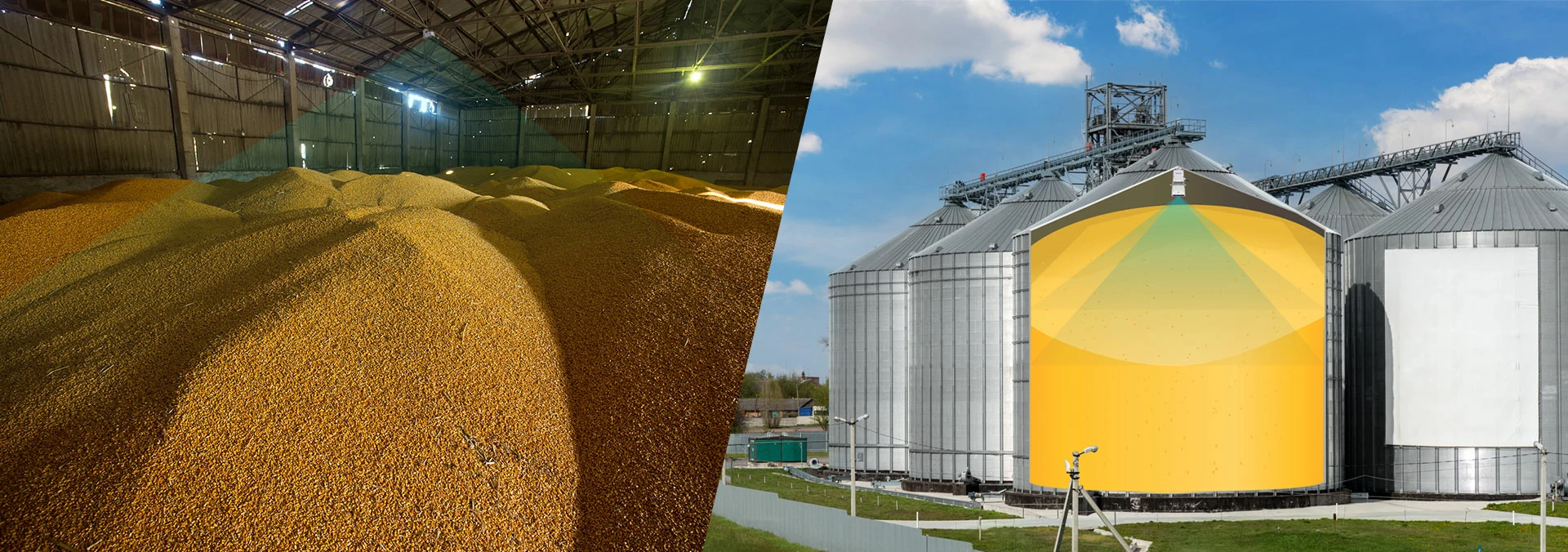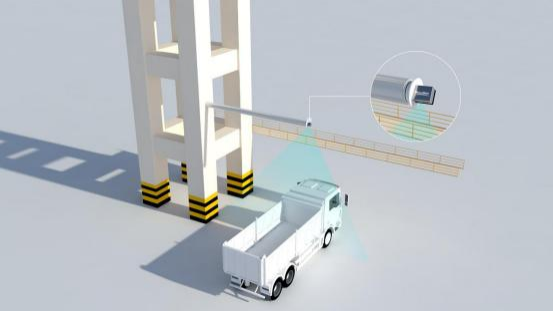
What are Devices To Measure Volume?
In the process of measuring epoxy by volume, various technologies are utilized to ensure accuracy and efficiency. One common technology used is a digital scale, which allows for precise measurements of the epoxy resin and hardener components. Additionally, graduated cylinders or beakers are often employed to accurately measure the volume of each component before mixing them together. Some advanced techniques may involve the use of automated dispensing systems or software programs that calculate the correct ratios based on the desired outcome. Overall, these technologies play a crucial role in ensuring the proper measurement and mixing of epoxy components for successful applications. Brief answer: Technologies such as digital scales, graduated cylinders, and automated dispensing systems are commonly used in measuring epoxy by volume to ensure accuracy and efficiency in the mixing process.
Why are Devices To Measure Volume Important?
Devices to measure volume are important because they allow for accurate and precise quantification of liquids, gases, and solids. Whether in a laboratory setting, industrial process, or everyday life, knowing the volume of a substance is crucial for ensuring proper dosing, mixing, and handling. Without reliable volume measurements, errors can occur that may lead to inefficiencies, inaccuracies, or even safety hazards. By using devices such as graduated cylinders, pipettes, and burettes, individuals and organizations can maintain quality control, adhere to regulations, and achieve consistent results in various applications. In summary, devices to measure volume play a critical role in ensuring precision and reliability in scientific, commercial, and personal endeavors.
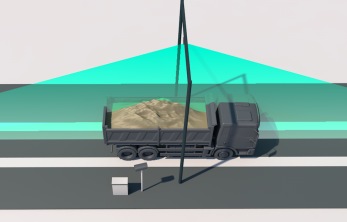
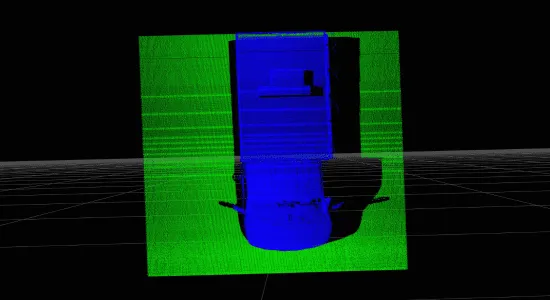
Technologies Used in Devices To Measure Volume
Technologies used in devices to measure volume vary depending on the specific application and level of precision required. Common technologies include ultrasonic sensors, which use sound waves to determine the distance between the sensor and the liquid surface, and pressure sensors, which measure the pressure exerted by the liquid to calculate volume. Other methods include optical sensors, which use light to detect the liquid level, and float switches, which rely on the buoyancy of a floating object to indicate volume. Each technology has its own advantages and limitations, with factors such as accuracy, cost, and environmental conditions influencing the choice of measurement method. Overall, the selection of technology depends on the specific requirements of the volume measurement task at hand.
Recent Advancements in Devices To Measure Volume
Recent advancements in devices to measure volume have revolutionized the way we accurately quantify liquids and substances. Traditional measuring cups and beakers are being replaced by digital scales, ultrasonic sensors, and laser-based technologies that provide precise measurements with minimal margin of error. These innovative devices offer real-time data collection, automated calculations, and user-friendly interfaces, making them ideal for a wide range of applications in industries such as pharmaceuticals, food and beverage, and research laboratories. Overall, these advancements have significantly improved efficiency, accuracy, and convenience in volume measurement processes. Brief answer: Recent advancements in devices to measure volume have introduced digital scales, ultrasonic sensors, and laser-based technologies that offer precise measurements and enhanced efficiency in various industries.
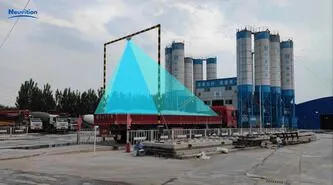
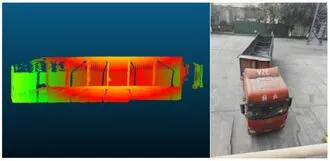
Application Areas of Devices To Measure Volume
Devices to measure volume are used in various application areas such as pharmaceuticals, food and beverage industry, chemical industry, environmental monitoring, and research laboratories. In the pharmaceutical industry, these devices are crucial for accurately measuring liquid medications and ensuring proper dosages. In the food and beverage industry, volume measurement devices are used to maintain consistency in product packaging and quality control. In the chemical industry, these devices are essential for precise mixing of chemicals and ensuring safety protocols. Environmental monitoring relies on volume measurement devices to track water levels, air quality, and other environmental factors. Research laboratories use these devices for conducting experiments and analyzing samples with precision. Overall, devices to measure volume play a critical role in ensuring accuracy and efficiency across various industries and applications. Brief Answer: Devices to measure volume are utilized in pharmaceuticals, food and beverage industry, chemical industry, environmental monitoring, and research laboratories for accurate measurement, quality control, safety protocols, environmental tracking, and experimental analysis.
Neuvition Volume Measurement Solution
Neuvition offers a comprehensive volume measurement solution designed to meet the needs of various industries, including truck, warehouse, and outdoor pile measurement. Our solutions leverage advanced technologies to provide accurate, reliable, and cost-effective volume measurement data, enabling businesses to optimize their operations and make data-driven decisions.
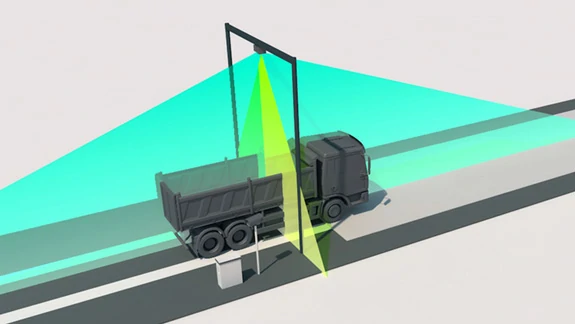
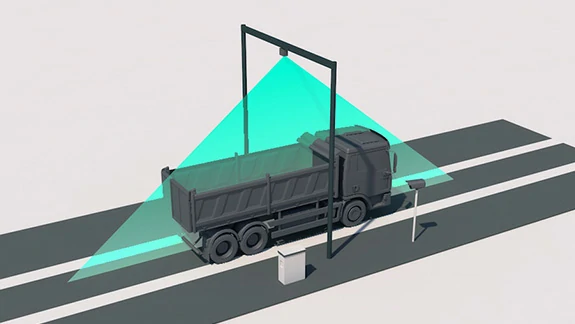
Neuvition Single Line LiDAR Solutions
Neuvition's Single Line LiDAR solutions, including the Titan M1 SL, Titan P1, and Titan W1 with PTZ, are designed to provide accurate and efficient volume measurement in various applications. These solutions combine high-resolution laser scanning with advanced software to deliver precise data and user-friendly interfaces, making volume measurement more accessible and effective than ever before.
FAQ






Contact Us
If you have any questions or suggestions, please leave a message, we will get in touch with you within 24 hours!
